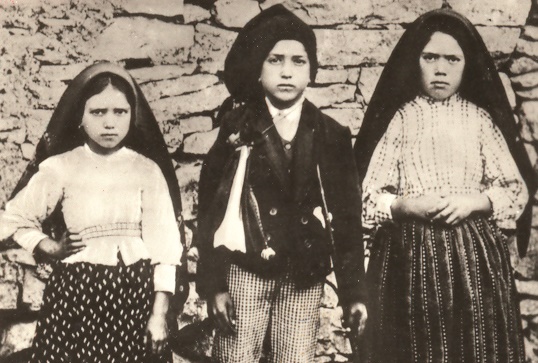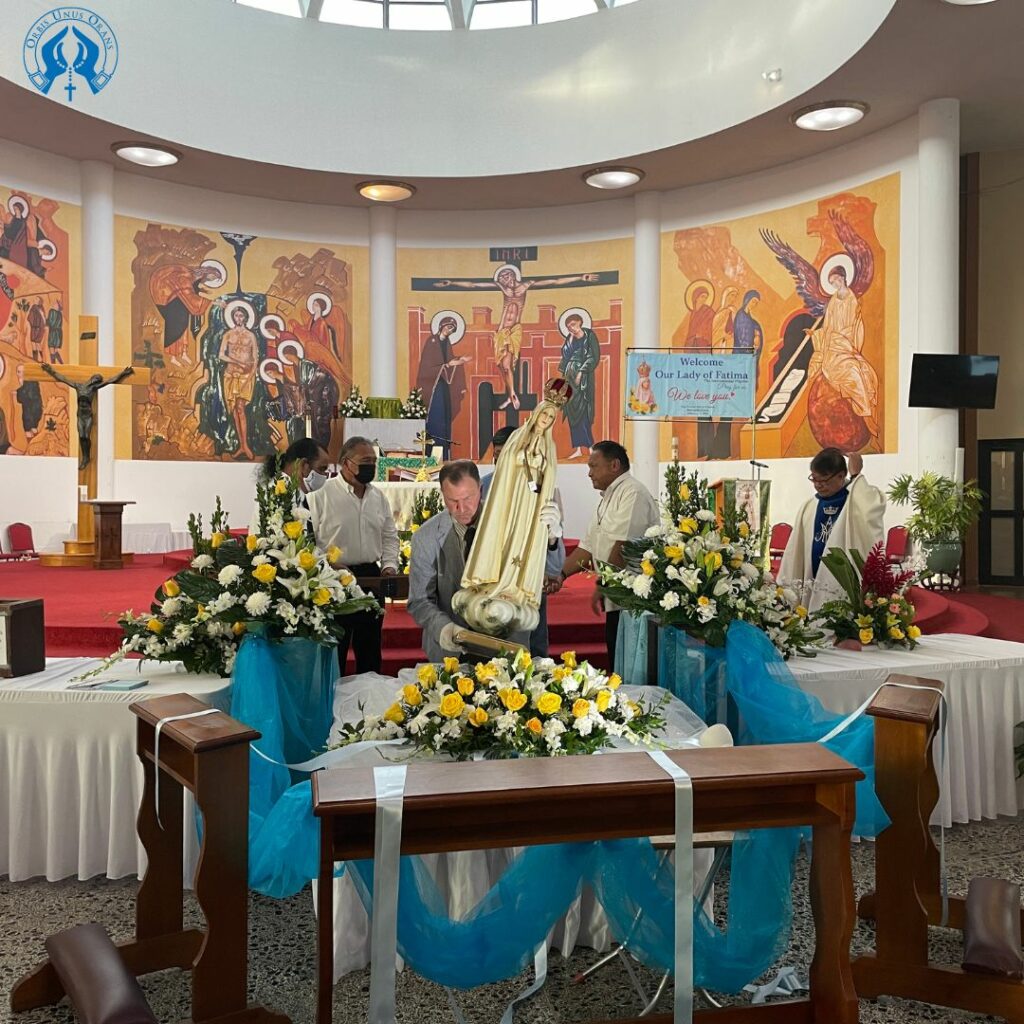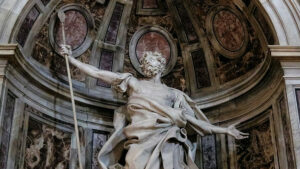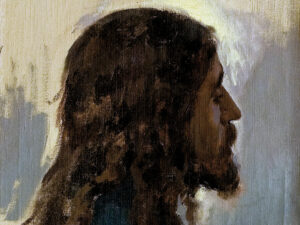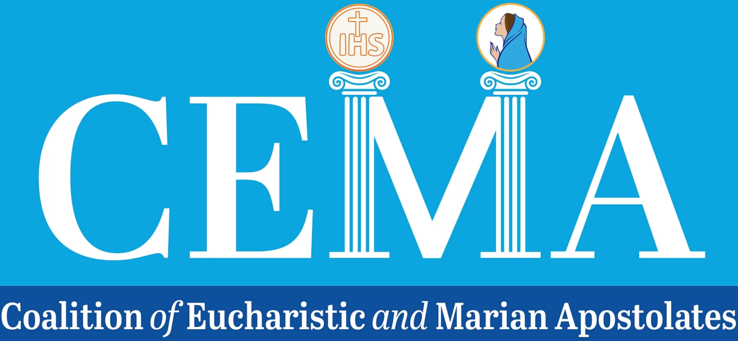
Written by
Simon becomes Peter; Saul becomes Paul.
The Cornerstones of Lent
Prayer and sacrifice are the cornerstones of Lent. It is during this time that we re-evaluate our lives and strive for improvement. This should be our task every day of the year, but in this time, we are directed to a more focused effort to improve. Imperfection is our lot; perfection is our goal.
Giving things up or even adding extra devotions during this penitential time have great merit, but if the spirit of change does not stay in us, we miss the point of the whole exercise. The goal must be to permanently change for the better. As promoters of the message of Our Lady of Fatima, we focus on the conversion of sinners, especially ourselves, so that we can move closer to God. We must focus on becoming holier every day.
Certainly, we fall on occasion. Unfortunately, I find myself falling regularly, but also realize that when you have committed to higher perfection, you will be attacked by the enemy who magnifies your imperfections. For this reason, staying close to the Sacraments is a necessity. We strive to become holy and lead many others to this also. The Church gives us Lent so that we can focus more diligently on this duty by imposing certain disciplines. The sacrifices that we make during this time are truly a very light burden if we approach the season with the intention of making permanent change in our lives. We see this more clearly as the season progresses. The word Lent comes from the Old English word “lencten,” which means springtime.
Looking to Saints Peter and Paul
I always look to Saints Peter and Paul as great examples of lives that were changed forever after their encounters with Christ. At Caesarea Philippi, Simon declared, “You are the Christ, the Son of the Living God.” Jesus responded, “Simon, you are Peter, the Rock. And upon this rock, I will build my Church and the gates of hell shall not prevail against it.” Peter’s imperfections and impetuous nature are documented many times in scripture, such as when he drew the sword and cut off the ear of the guard in the Garden of Gethsemane, and his denial of Christ three times during His trial.
Quo Vadis?
On my many trips to Rome I have found my favorite holy places. There are unique stories and devotions attached to these sites. I have always gravitated to the Church of Quo Vadis, located along the Via Appia – the Appian Way, which leads southeast out of the city across from the Catacombs of St. Callistus. It is on this main ancient road that St. Peter almost certainly arrived in the Eternal City, but also attempted to travel out of the city in his discouragement, fleeing the troubles enveloping him and the Church. It is here that he encountered Christ walking past him in the opposite direction. “Quo Vadis” – where are you going?” he asked. The Lord replied – “I am going to be crucified again as you are abandoning your call.”
Peter realized that once again his impetuous nature brought him to act irrationally. Christ supplements our deficiencies with His willingness. Of course, Peter returned and fulfilled his mission, giving his life for the Church. Peter always returned to duty with a renewed purpose to attain perfection. The charge that he was given could not be taken lightly.
At the Oratory of Quo Vadis, you can venerate the spot where it is believed that the footprints of the Savior are impressed in the marble.
Simon became Peter, Saul became Paul
Saul was a persecutor of Christians. It is generally believed that he felt they were violating the established order. His means were violent. Knowing all intentions, however, God saw a sincerity in him. On the road to Damascus, he was knocked to the ground and temporarily blinded. He then heard the voice say, “Saul Saul, why do you persecute me?” He came to realize that it was Jesus whom he was persecuting and understood that the truth was to be found in His followers.
Simon became Peter. Saul became Paul. The changing of their names symbolizes that they were becoming new men at that point. Religious take new names when they are professed into their orders, symbolizing a new birth into their vocations. Once this new direction is acknowledged there should be no turning back. If, however, we fall from our duties we must pick ourselves up and move on.
The zeal of Saints Peter and Paul is the identity that they shared. The redirection of that zeal by God and the rededication of their efforts is our inspiration. The Fatima message calls for conversion. The Catholic message is one of conversion. We ask Our Lord in prayer to “create in me a new heart.” He says, “I make all things new.”
Do we need to see Jesus’ walking to fulfill our individual missions as St. Peter witnessed on the road out of Rome, or do we have to be knocked to the ground and temporarily blinded as was St. Paul to see our full destiny? Lent is the time of change and conversion. It is a time when we must evaluate our lives and ponder what else we can do to bring forth the work of God.
God bless you and Mary keep you in her Immaculate Heart.
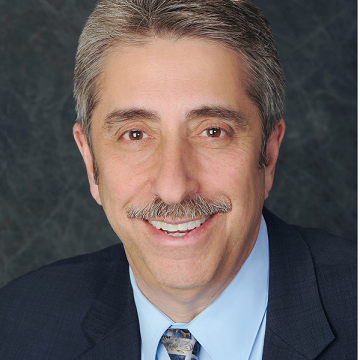

David M. Carollo is the Executive Director of the World Apostolate of Fatima USA/National Blue Army Shrine. He wrote this for his Voice of Fatima column.
If you would like to comment on this post, please contact him at [email protected].


